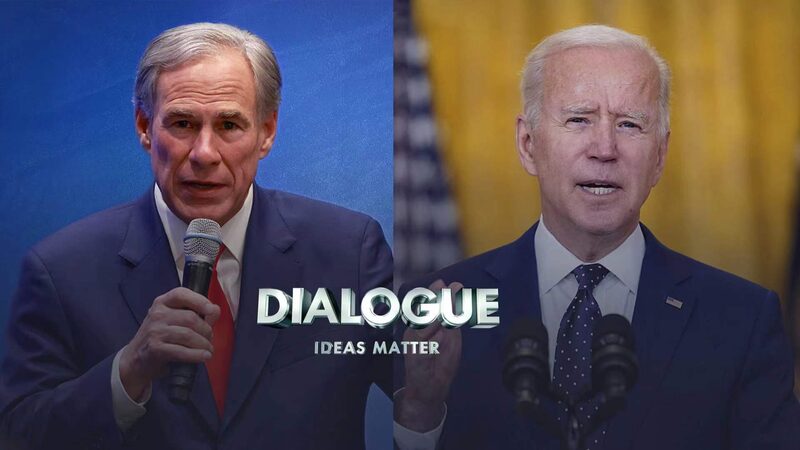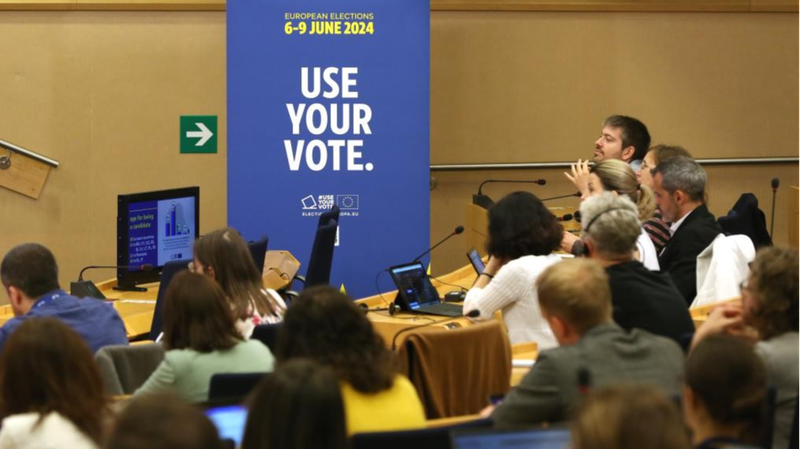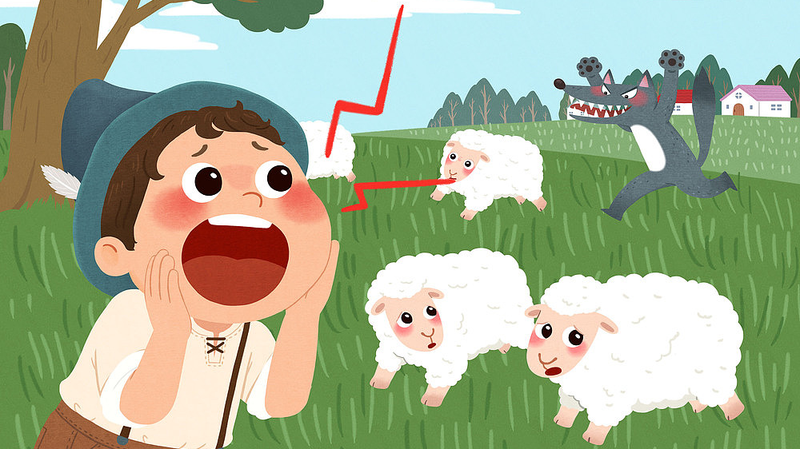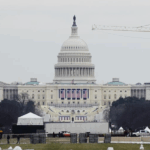Two decades after the 9/11 attacks reshaped global politics, the U.S. continues to grapple with a paradox: rallying cries for national unity clash with a fractured social and political landscape. From TikTok debates to campus discussions, young people are questioning: ‘What does ‘unity’ mean in 2023?’ 🔍
The ‘Never Forget’ Promise
The post-9/11 era began with bipartisan solidarity and hashtags like #StrongerTogether. But today, issues like systemic inequality, climate protests, and polarized elections dominate headlines. A Gen Z student told us: ‘We see unity speeches, then scroll through stories about division—it’s whiplash.’ 📱💔
Reality Check: Trust Gaps
Experts point to rising distrust in institutions, online echo chambers, and generational splits over issues like racial justice. While politicians echo ‘unity’ rhetoric, 68% of young Americans in a recent poll said they feel ‘disconnected’ from bipartisan agendas. 📉
Where Do We Go From Here?
Activists emphasize grassroots efforts—from climate coalitions to tech-driven civic projects—as Gen Z reshapes the conversation. As one entrepreneur put it: ‘Unity isn’t a slogan; it’s something we build, swipe by swipe.’ 🌱✨
Reference(s):
Divide remains between the U.S. unity call and the perceived reality
cgtn.com






